Sitting at a desk for hours each day doesn’t just weaken your back—it silently erodes your core strength, posture, and even your mental well-being. The good news? You can reverse the damage in just 30 days with a science-backed, coach-guided plan designed specifically for desk-bound professionals.
This evidence-based program combines functional core exercises, ergonomic awareness, and mental wellness strategies to help you build resilience from the inside out. No gym required—just 10–15 minutes a day and a commitment to showing up for yourself.
Your core is more than just abs. It includes the transverse abdominis, obliques, pelvic floor, diaphragm, and lower back muscles—all working together to stabilize your spine and support posture. When these muscles weaken from prolonged sitting, it leads to:
Research shows that improved core stability enhances balance, reduces injury risk, and even supports mental health by lowering cortisol and improving body awareness (Gordon & Gledhill, 2009; Tsao et al., 2008).
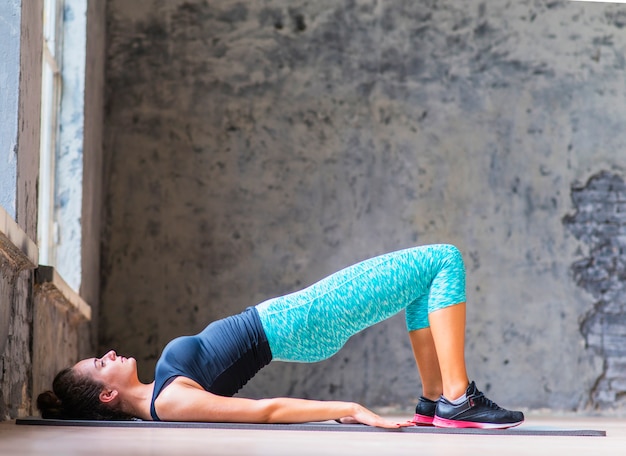
Goal: Wake up dormant core muscles and improve mind-muscle connection.
Goal: Increase time under tension and improve muscular stamina.
Goal: Train your core to stabilize during dynamic motion.
Goal: Solidify gains and build functional strength.
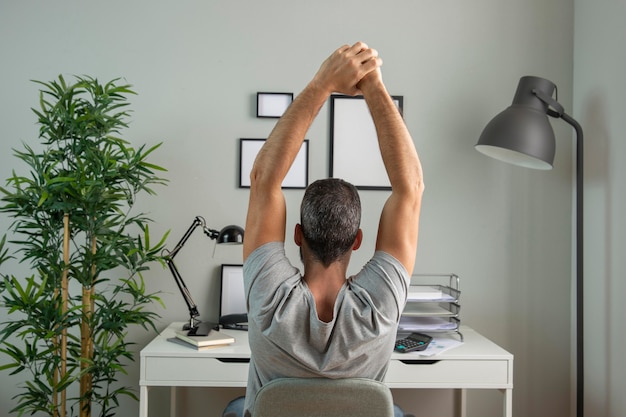
Core training isn’t just physical. The act of stabilizing your body teaches mental discipline, focus, and body awareness—key components of emotional regulation. Controlled breathing during exercises activates the parasympathetic nervous system, reducing stress and anxiety.
A 2018 study in Frontiers in Psychology found that individuals who engaged in regular low-impact physical routines reported improved mood and reduced perceived stress—especially when exercises were done mindfully.
By the end of this 30-day journey, you’ll likely notice better posture, reduced back tension, sharper focus, and a stronger sense of physical confidence. Your core is your center—strengthening it transforms how you move, think, and feel.

Wellness

Wellness

Wellness

Wellness

Health

Wellness

Wellness
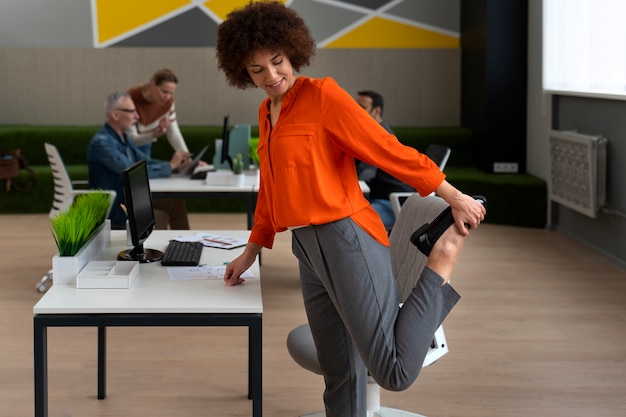
Fitness
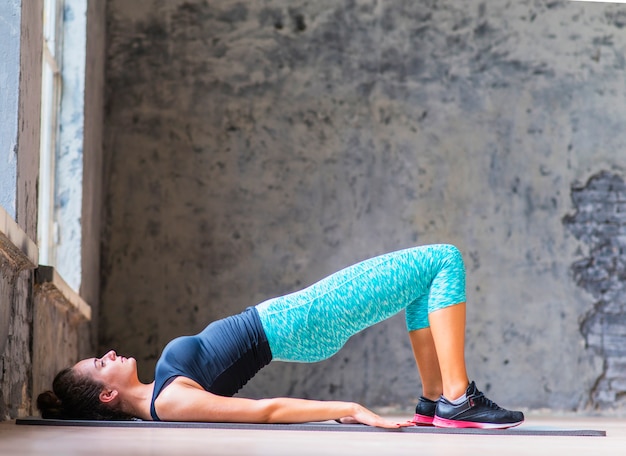
Fitness

Wellness
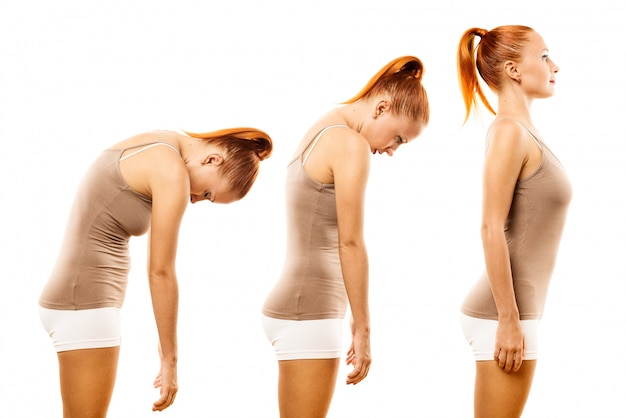
Wellness
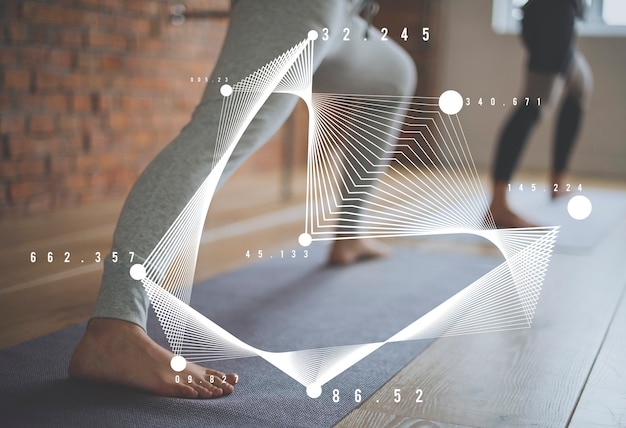
Fitness

Health

Fitness

Health

Health